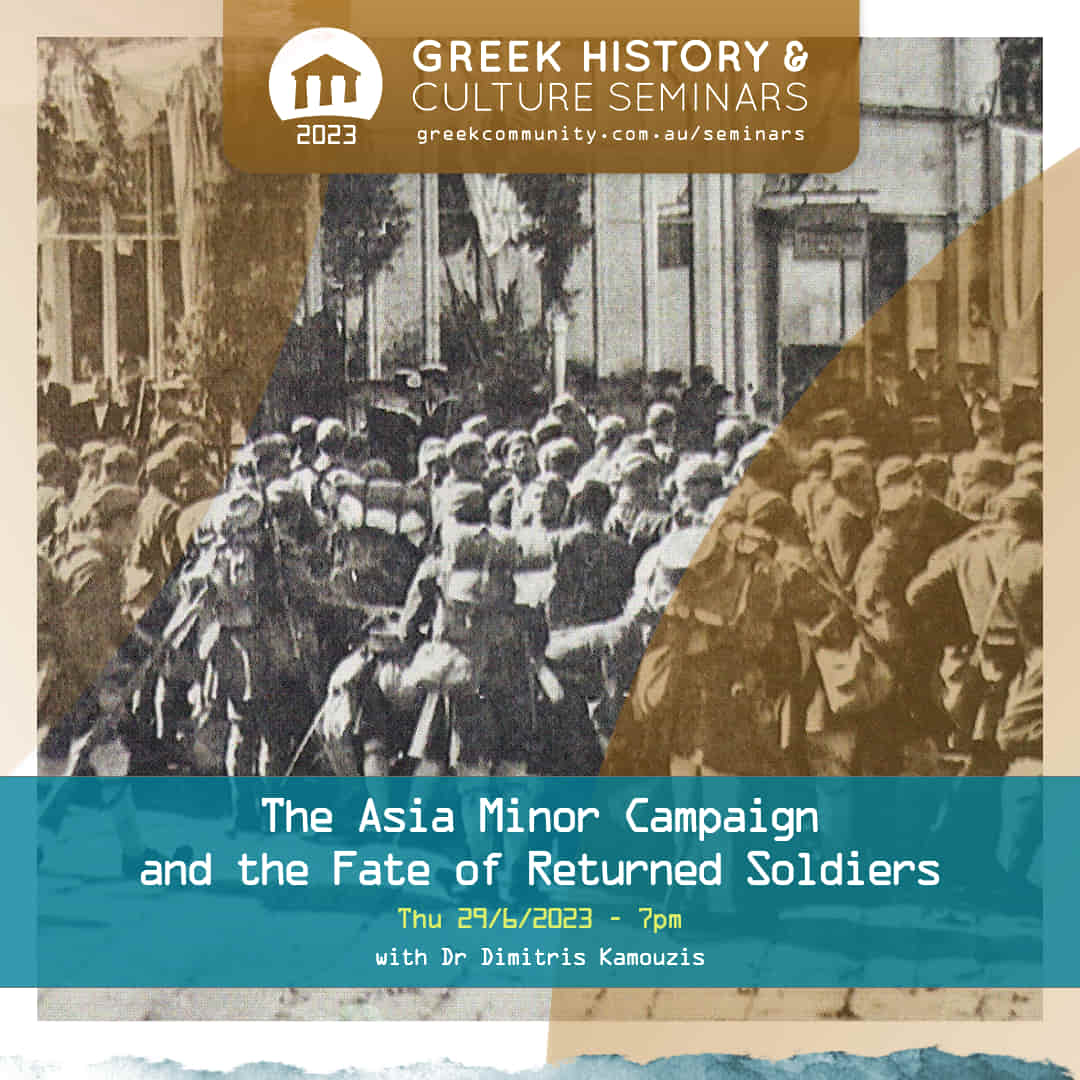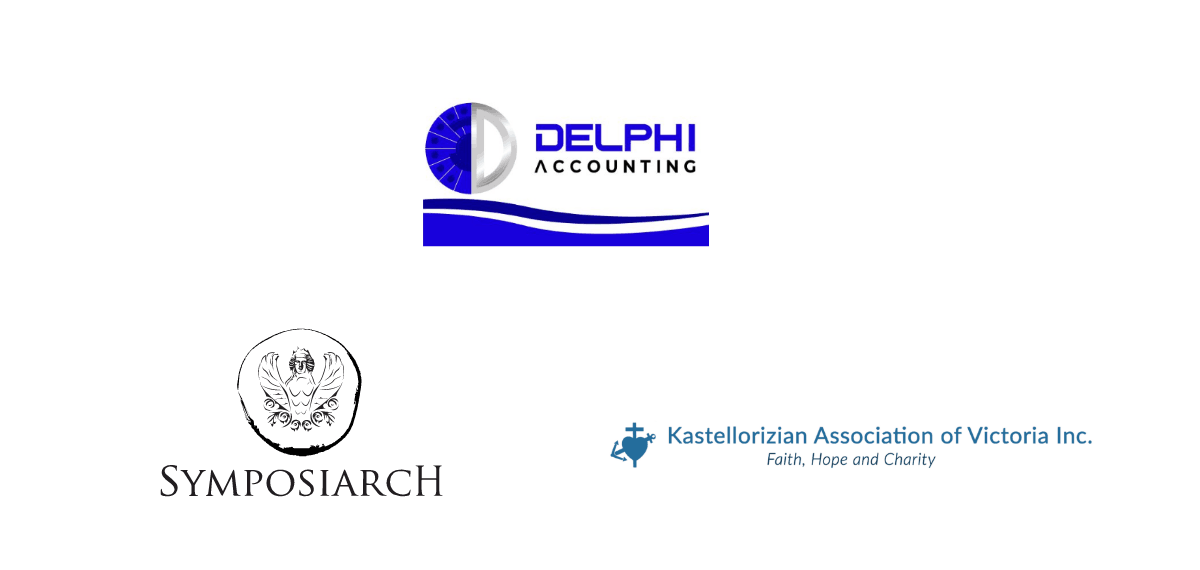| |
Synopsis
The main object of this lecture is to briefly examine the multifarious painful experiences of the Greek troops in Asia Minor, the impact of the wartime trauma and the rehabilitation and social reintegration challenges these war veterans faced in Greece throughout the interwar years. One should not forget that out of the approximately 450,000 soldiers who served during the war period 1912-1922 (Balkan Wars, World War I and the Asia Minor Campaign), close to 200,000 fought in the Greek-Turkish War (1919-1922). From several viewpoints (economic, social, political, labor, etc.) these veterans, along with the refugees who arrived in Greece following the ‘Asia Minor Catastrophe’ of 1922, constituted the two main pillars of Greek society after the war.
The presentation draws material from the chapters of the collective volume entitled Greek Soldiers and the Asia Minor Campaign: Aspects of a Painful Experience, Dimitris Kamouzis, Alexandros Makris and Charalambos Minasidis (eds.) (Athens: Vivliopoleion tis Hestias, 2022) that emerged from two conferences that took place within the context of the Research Centre for the Humanities sponsored research programme ‘Greek Soldiers, War and Trauma: The Asia Minor Campaign and the Consequences of a Painful Experience’. The book approaches the Asia Minor Campaign as a ‘history from below’ and aims at providing a critical historical analysis of the traumatic war experience and the short- and long-term effects on the Greek soldiers who participated in the Greek-Turkish War in alignment with the contemporary historiographical trends on the ‘Great’ or ‘Greater War.’ The topics examined are violence and war perceptions; recruitment and volunteering; resistance, desertion and disobedience; masculinity and gender relations; psychological, physical and mental challenges; daily life on the front; prisoners, missing persons and victims of war; politicization and radicalism; diseases and disability; veterans’ rehabilitation, union organization and social reintegration; and trauma and memory.
|
|



